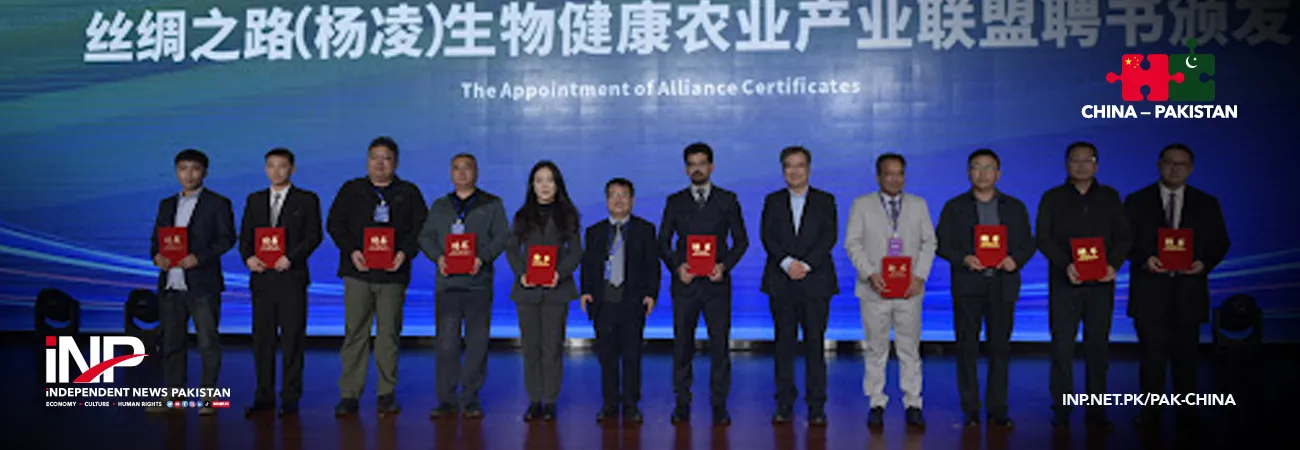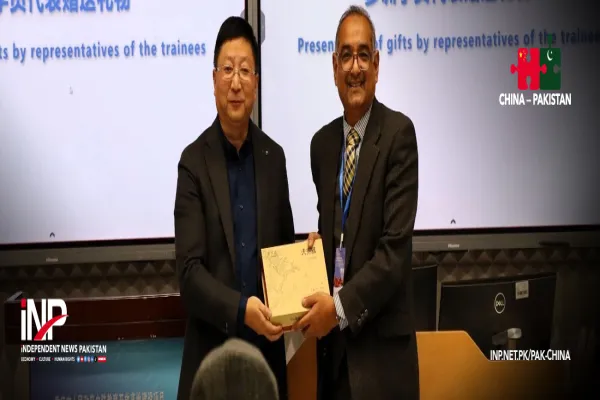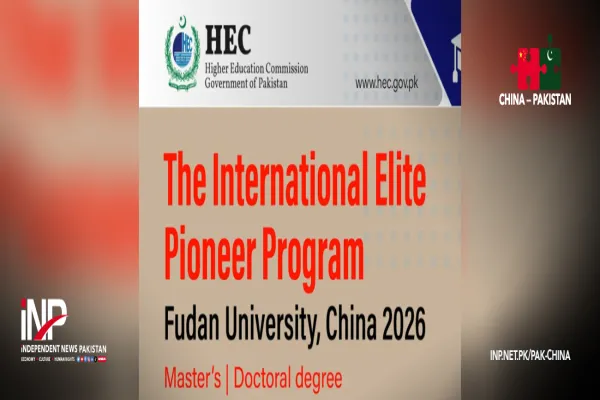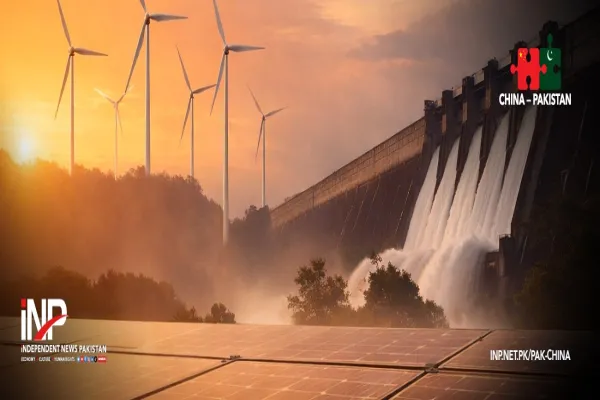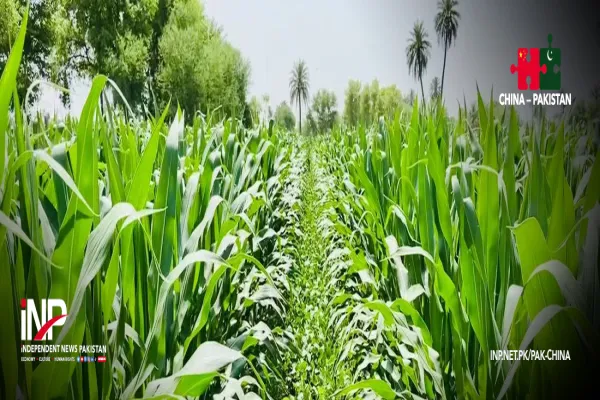i NEWS PAK-CHINA
The 7th International Symposium on the Technology Transfer & Innovation Cooperation and Bio-health Agriculture was being held in Xianyang, Northwest China from November 4 to 8, Gwadar Pro reported on Thursday. More than 300 home and abroad representatives, from Belarus, Thailand, Pakistan, Arab countries, ASEAN countries and regions, participated in the forum.
This symposium focuses on major issues such as climate change, food security, healthy agriculture, biomedicine, water-saving irrigation, and smart breeding. It is committed to international cooperation and the transformation of achievements in the field of high-tech agriculture and serves the development of bio-health agriculture under the Belt and Road initiative.
Dr. Shakil Arshad, Director to Minister at Ministry of Science and Technology, stated that technology transfer is key to improving agricultural productivity and promoting sustainable development. He called on China and Pakistan to deepen cooperation in areas such as smart irrigation, agricultural AI monitoring, and water resource security, and to strengthen partnerships through exchanges among entrepreneurs and inter-provincial cooperation.
In his keynote speech Technology Transfer in Agriculture Field between China and Pakistan, Dr Arshad introduced that technology transfer is a vital mechanism for boosting agricultural productivity, sustainability, and innovation.
“Its importance includes increasing crop yields and resource utilization efficiency; encouraging agricultural innovation and modernization; and supporting rural development and food security.”
Dr. Arshad specifically highlighted key areas of technology transfer that are of great interest to all parties in Pakistan, including hybrid seed technology, precision agriculture and AI-based monitoring, water-saving irrigation systems, as well as post-harvest management and value addition.
“I believe that China’s smart greenhouse technology, soil nutrient management systems, integrated pest management (IPM), and drone-based field monitoring could be very useful in Pakistan to help farmers solve problems and increase income, looking forward to deeper cooperation in these specific areas.” The Doctor also mentioned some challenges that may be encountered in technology transfer cooperation, including infrastructure and logistical barriers, local soil and climate adaptability, intellectual property and cost barriers, and personnel training and education needs, “all of which require us to overcome together.”
“Biohealth Agriculture” (BHA) was put forward by Professor Zhang Lixin, NWAFU in 2017 at the first International Symposium on the Belt and Road Bio-health.
It refers to the use of biological means for safe and high-quality agricultural production involving the sustainability of soil, plant, animal, human and ecosystem health, reducing or excluding external agricultural inputs, especially pesticides and synthetic fertilizers or other hazardous/toxic chemicals. During the five-day period, a number of research and exchange activities will be conducted, including organizing visits for foreign guests to biomedical and agricultural companies, promoting in-depth cooperation between international experts and local industries.
Credit: Independent News Pakistan (INP) — Pak-China



